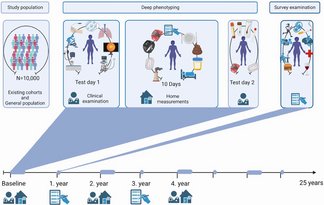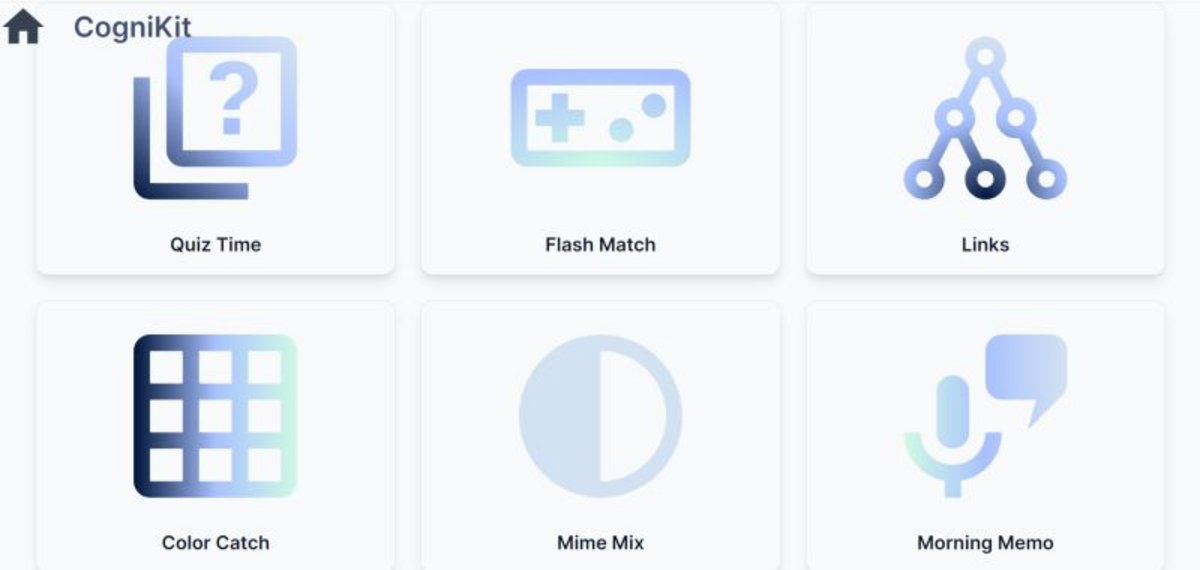CogniKit
The Cognitive Game Suite called CogniKit is a game suite to test different cognitive skills. It is an integral part of the DELPHI project, which involves collaboration with the Panum Institute and other partners. The project aims to explore the impact of physical and mental illnesses on cognitive functioning, particularly in the context of cardiometabolic diseases.
The DELPHI project is a 25-year longitudinal study where participants provide bi-annual data using various methods, including wearables and blood tests. The main objective of the project is to establish a link between long-term health data and cognitive performance to enable early detection of health declines, potentially improving health outcomes and the quality of life for individuals affected by these illnesses.
CogniKit is designed to collect cognitive performance data to correlate with physical health metrics, thus contributing to the early detection of mental and physical health issues within the DELPHI project.
CogniKit will include a Working Memory Game, a Mental Speed Test, a Social Cognition and Emotion Recognition game, a speech activity, a declarative knowledge test (quiz), and a creativity game (LINKS).
In addition to its role in the DELPHI study, we will continue developing and using the game suite for other purposes.

Team
Paul-Arno Lamarque

Data Scientist
Bianka Szöllösi

Data Scientist
Janet Rafner

AIAS-SHAPE Fellow
janetrafner@mgmt.au.dk
Safinaz Büyükgüzel

Postdoc
Jacob Sherson

Professor
sherson@mgmt.au.dk
2627, H127
+45 28775765
Ida Bang Hansen

Research Assistant
ida@mgmt.au.dk
2627, H206


